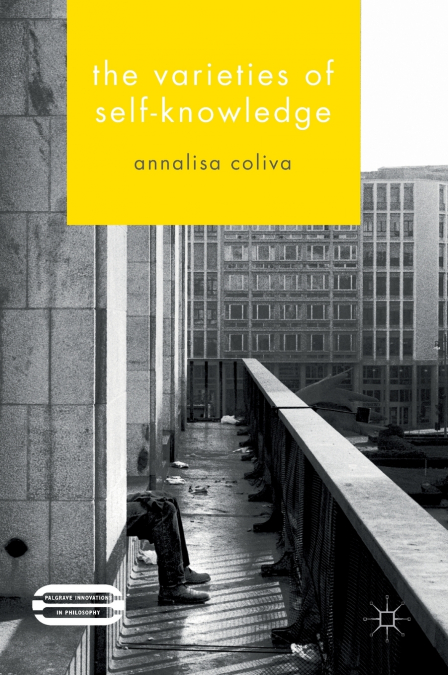
Annalisa Coliva
This book explores the idea that self-knowledgecomes in many varieties. We 'know ourselves' through many different methods,depending on whether we attend to our propositional attitudes, our perceptions,sensations or emotions. Furthermore, sometimes what we call 'self-knowledge' isnot the result of any substantial cognitive achievement and the characteristicauthority we grant to our psychological self-ascription is a conceptualnecessity, redeemed by unravelling the structure of several interlocking concepts.This book critically assesses the main contemporary positions held on theepistemology of self-knowledge. These include robust epistemic accounts such asinner sense views and theory-theories; weak epistemic accounts such astransparency theories and rational internalism and externalism; as well asexpressivist and constitutivist approaches. The author offers an innovative'pluralist' position on self-knowledge, emphasizing the complexity of thephenomenon and its resistance to any 'monistic' treatment, to pose new andintriguing philosophical challenges.